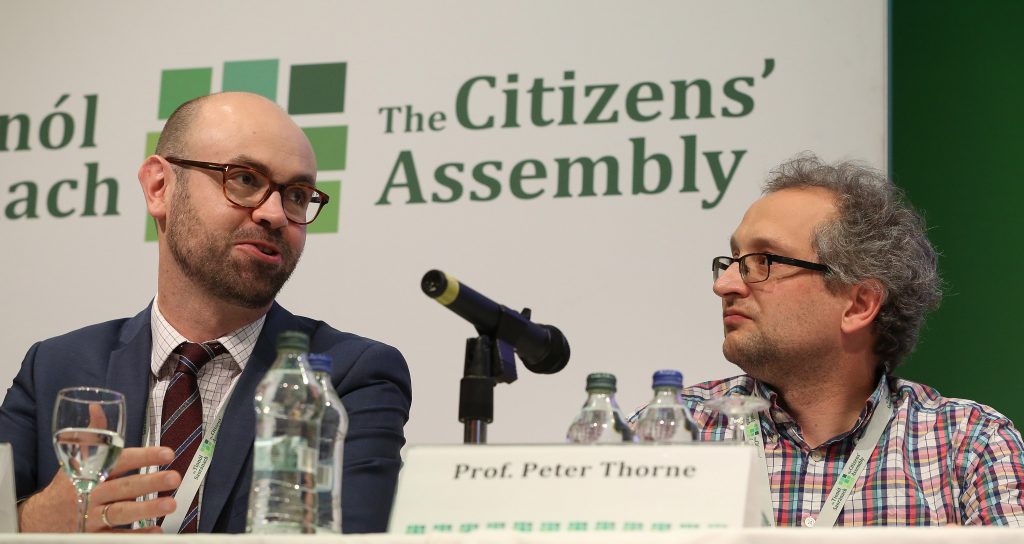Climate plan: Governance proposals strongest asset

June 21st, 2019
The governance section of the newly launched climate plan has been referred to as the plan’s “strong point” by experts in the days following its publication.
Under the Climate Action Plan to Tackle Climate Breakdown, the Government states its intention to establish a Climate Action Delivery Board within the Department of An Taoiseach and to found a Climate Action Council as a successor to the current Climate Change Advisory Council.
Delivering quarterly progress reports, the Delivery Board will hold all Departments and public bodies accountable for the delivery of actions outlined in the plan.
The Climate Action Council will see an expansion of powers from its predecessor, such as making five-year carbon budget recommendations, monitoring state progress in reducing emissions, and providing policy evaluation advice to the Government.
Additionally, all major Government investment decisions will be subject to a carbon impact and mitigation evaluation under the plan.
The Government will also propose a new Climate Action (Amendment) Bill according to the report, which will introduce a requirement for the Government to propose carbon budgets for three five-year periods.
Assistant Professor of Law and Government at DCU, Dr Diarmuid Torney said that “the Governance arrangements are among the stronger parts of the report”.

The governance section of the report, Dr Torney told The Green News, is a “U-Turn” from the 2015 Climate Act. “I think it’s a fairly radical overhaul of the existing arrangement.”
The 2015 Act aimed to establish a low-carbon, climate-resilient and environmentally sustainable economy by 2050, but even with its passing, Ireland still remains off-course to meet its 2020 and 2030 emissions targets.
UCD environmental policy fellow Dr Cara Augustenborg welcomed the more government plan, with the legislative aspects to be the plan’s strongest policy principles.
Dr Augustenborg also noted that the governance measures in the plan “should have been in the Climate Act in the first place”. The question now is will [the Government] get their act together,” she added.
The climate committee of An Taisce referred to the government section as having “a much improved set of governance structures to oversee climate action” but noted that proposals for ‘cost effective’ measures are “based on little more than a business-as-usual analysis”.
This, the environmental charity said, will “only nudge business and citizens” toward changes that are “far too limited in scale and urgency”.
As a whole, the climate committee said that the plan still “fails to grasp the full urgency and scale of climate action now needed and ultimately condemns others to bear the costs”.
[x_author title=”About the Author”]







